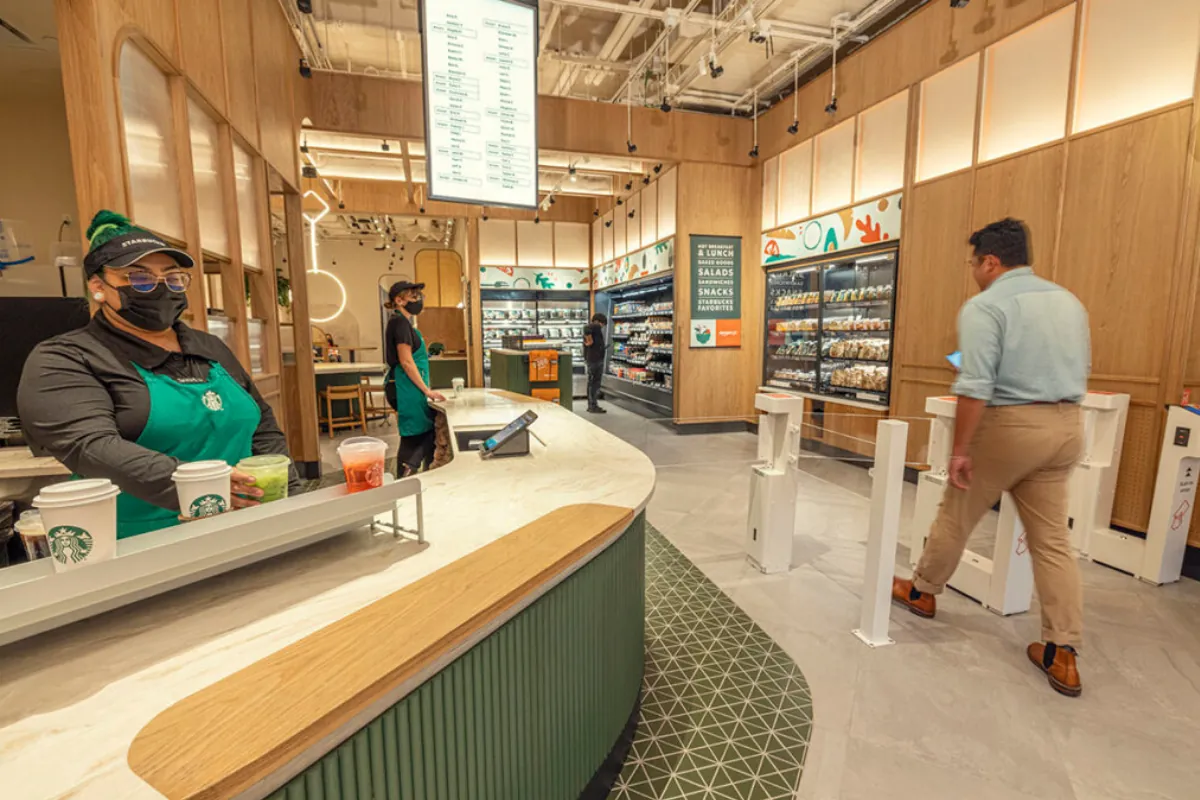Starbucks, the Seattle-based coffee giant founded in 1971, is grappling with significant challenges as it approaches its 53rd anniversary. The company, known for revolutionizing the coffee industry, is now struggling to maintain its identity amidst changing customer preferences and operational inefficiencies.
Howard Schultz, former chairman and CEO, recently observed chaos at a Chicago store, highlighting the company's current predicament. The scene of commuters rushing to collect mobile orders, resulting in confusion and delays, exemplifies the issues Starbucks faces in adapting to modern consumer demands while preserving its coffeehouse ambiance.
To address these challenges, Starbucks has appointed Brian Niccol as its new chairman and chief executive, effective September 9, 2024. Niccol, renowned for his successful turnaround of Chipotle Mexican Grill, brings a wealth of experience in marketing and operational efficiency.
The company's evolution has led to a complex menu with nearly 100,000 drink variations, putting immense pressure on baristas. This complexity, coupled with the shift towards mobile ordering and drive-thru services, has altered the traditional coffeehouse experience Starbucks was known for. The brand introduced its mobile ordering app in 2015, which now accounts for a significant portion of orders along with drive-thru and delivery services.
Starbucks' challenges extend beyond operational issues. The company has faced criticism for its environmental practices, despite previous commitments. In 2018, Starbucks announced plans to eliminate single-use plastic straws globally by 2020. However, the recent introduction of compostable plastic straws for new cold boba drinks has raised questions about the company's environmental stance.
"They're adding channels but not adding the bodies they need to keep up with that. Orders are coming in and there simply isn't the manpower to produce them."
The pressure on baristas has intensified, with stores struggling to maintain adequate staffing levels to meet demand. This has led to slower service times compared to competitors, with only 62% of customers reporting order fulfillment within five minutes, compared to 77% at Caribou Coffee.
Unionization efforts have also gained momentum, with nearly 500 company-owned U.S. stores voting to unionize since late 2021. Starbucks and Workers United have pledged to reach a labor agreement by the end of the year, but Niccol's approach to unionization remains uncertain.
As Starbucks navigates these challenges, it must balance innovation with its core identity. The company has a rich history of introducing popular products, such as the Frappuccino in 1995 and the Pumpkin Spice Latte in 2003. It has also been a pioneer in customer loyalty programs, launching its Rewards program in 2009.
Brian Niccol's task is formidable. He must streamline operations, improve efficiency, and reconnect with Starbucks' coffeehouse roots while addressing modern consumer needs. The company's global presence, with over 30,000 locations worldwide, adds complexity to this challenge.
As Starbucks brews its new strategy under Niccol's leadership, the coffee industry and consumers alike will be watching closely to see if the company can recapture its former glory while adapting to the rapidly changing retail landscape.
